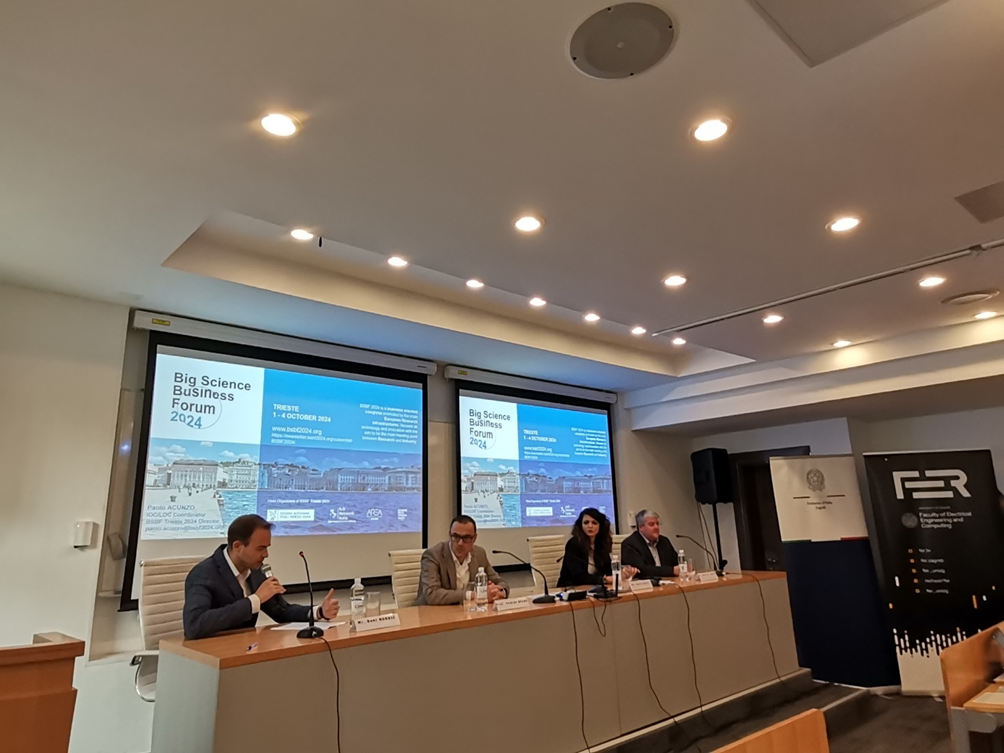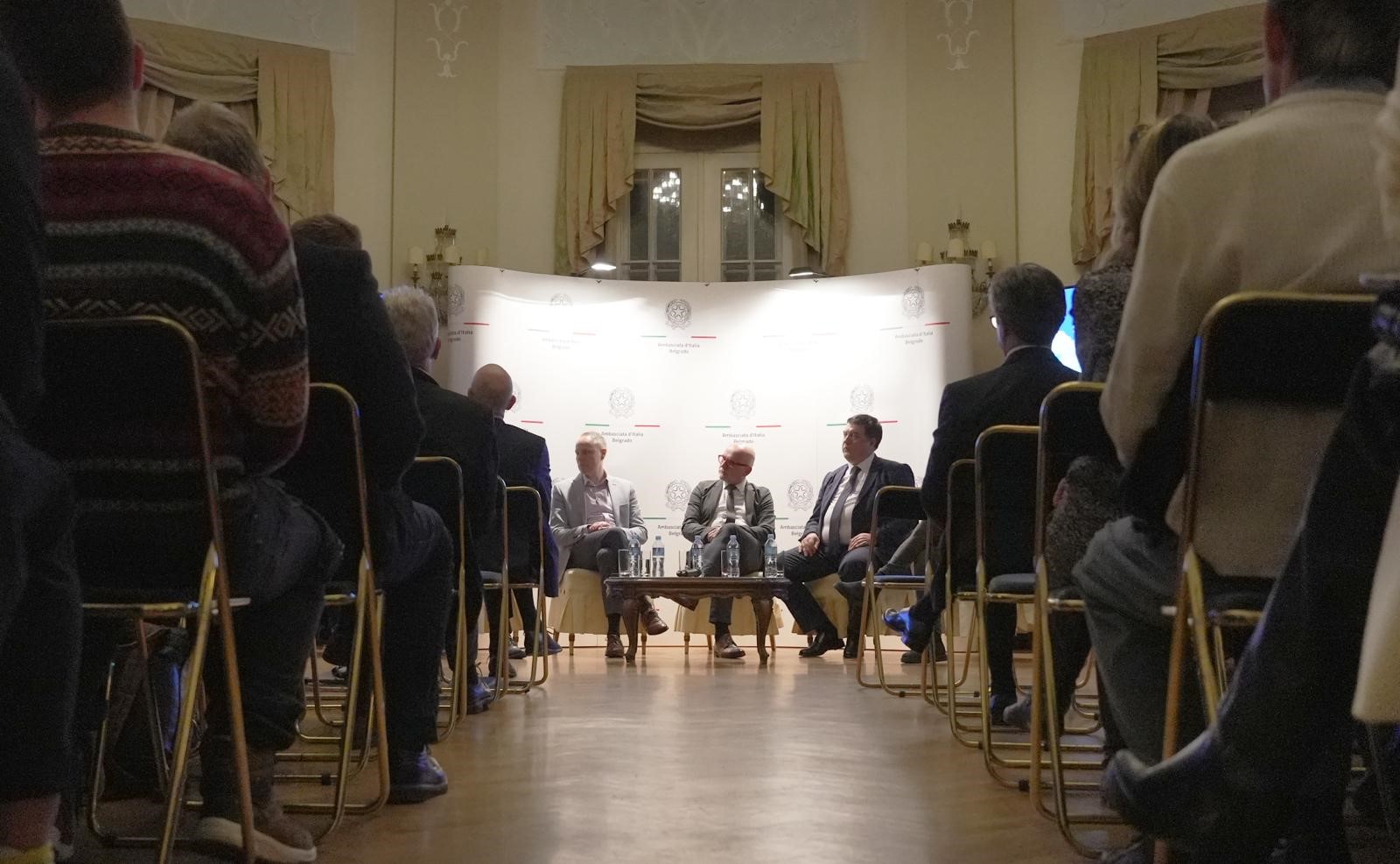Representatives of the 19 partner insitutions of the Danube-INCO.NET project gathered in Vienna on 11 December for an overall assessment of the work progress, the main results achieved so far and future challenges.
In its capacity of leader of the Work Package on energy efficiency, renewable energy and bioeconomy, the CEI presented the activities carried out in the first project implementation year, as well as the forthcoming tasks and events.
Throughout 2014, the CEI has performed a thorough mapping exercise, resulting in the creation of a database of Danube Region stakeholders active in sustainable energy-related sectors. It encompasses almost 500 organisations, such as research institutes, companies, agencies and networks and will serve the implementation of several clustering and networking activities planned for 2015. The first one, taking place in Trieste on 3 February 2015, will focus on the legal framework of the European Research Infrastructures Consortium (ERIC), a tool for facilitating transnational cooperation among research infrastructures of both EU and non-EU countries.
Among its main objectives, the Danube-INCO.NET project aims to support the implementation of the EU Strategy for the Danube Region (EUSDR), in particular the activities of Priority Area 7 (knowledge society) and 8 (competitiveness). In this regard, the 1st General Assembly was held back to back with the Steering Group meeting of PA7, with a joint session organised on 10 December, in order to promote mutual understanding, synergies and cross-fertilisation.
For that same reason, the Danube-INCO.NET coordinator (Centre for Social Innovation) has organised an additional joint session combining the representatives of the Danube-INCO.NET consortium and the national contact points of EUREKA, an intergovernmental network established in 1985. EUREKA currently comprises 41 full members and aims at supporting and coordinating market-oriented, trans-national R&D projects.
For more information: lombardo@cei.int; www.danube-inco.net
In its capacity of leader of the Work Package on energy efficiency, renewable energy and bioeconomy, the CEI presented the activities carried out in the first project implementation year, as well as the forthcoming tasks and events.
Throughout 2014, the CEI has performed a thorough mapping exercise, resulting in the creation of a database of Danube Region stakeholders active in sustainable energy-related sectors. It encompasses almost 500 organisations, such as research institutes, companies, agencies and networks and will serve the implementation of several clustering and networking activities planned for 2015. The first one, taking place in Trieste on 3 February 2015, will focus on the legal framework of the European Research Infrastructures Consortium (ERIC), a tool for facilitating transnational cooperation among research infrastructures of both EU and non-EU countries.
Among its main objectives, the Danube-INCO.NET project aims to support the implementation of the EU Strategy for the Danube Region (EUSDR), in particular the activities of Priority Area 7 (knowledge society) and 8 (competitiveness). In this regard, the 1st General Assembly was held back to back with the Steering Group meeting of PA7, with a joint session organised on 10 December, in order to promote mutual understanding, synergies and cross-fertilisation.
For that same reason, the Danube-INCO.NET coordinator (Centre for Social Innovation) has organised an additional joint session combining the representatives of the Danube-INCO.NET consortium and the national contact points of EUREKA, an intergovernmental network established in 1985. EUREKA currently comprises 41 full members and aims at supporting and coordinating market-oriented, trans-national R&D projects.
For more information: lombardo@cei.int; www.danube-inco.net





